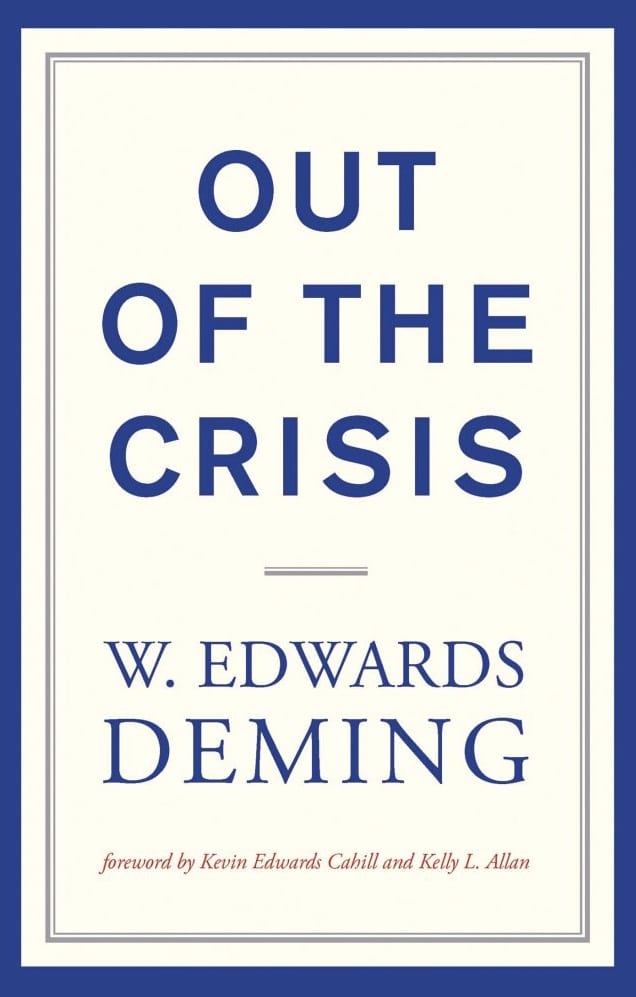By John Hunter, founder of CuriousCat.com.

Best efforts are essential. Unfortunately, best efforts, people charging this way and that way without guidance of principles, can do a lot of damage.
W. Edwards Deming, Out of the Crisis, page 19
There are many great quotes from Dr. Deming, and this is one of my favorite. To create effective organizations, we need management systems that support people in continually improving the performance of the organization.
To create such organizations, we need people that come to work with a desire to make things better. I am on the side of viewing this issue as one of removing barriers that rob people of their intrinsic desire to take pride in their work.
But it goes beyond this. People must have an understanding of management principles, or effort will be expended doing the wrong things. Without an understanding of variation, people fail to address systemic issues and instead treat symptoms. Putting band aids on symptoms may help, but it is a very inefficient way to improve.
And often, treating symptoms results in the underlying causes going untreated. Often, those underlying causes continue to do damage, which can remain hidden for a long time. And once that damage becomes visible, without the right understanding (often related to viewing the organization as a system or understanding variation, but can be related to theory of knowledge, or understanding psychology – the human side of an organization) that damage is often treated with a bigger band-aid and the cause is still left unaddressed.
And the only way to effectively work on all the causes doing damage to the organization is to use the minds of all the people in that effort. There are just too many things to address for leaving that to just a portion of the workforce. This includes both things to fix and opportunities to pursue.
Organizations that view managers as the thinkers, and others as those that do what the thinkers have decided, will fail. The way to kill people’s intrinsic motivation is to take away their ability to think and contribute. And we can’t afford to waste the abilities of the people in the organization.
Coaching people to the point that they understand the management principles and strategies to most effectively make decisions is not always easy. It is hardest at first. As the organization adopts principles (such as evidence-based decision-making, respect for people, understanding variation, viewing the organization as a system etc.) into the common culture, it gets easier to build on what is already understood.
Creating a management system, where people are given the right tools, thinking, and support, is a matter of creating the right culture, which is often a challenge. My belief is you can best create such a management system in an iterative way. And a big part of that process is making sure people are charging this way and that with the right knowledge and with the guidance of principles.
Related: Standard Work Instructions are Continually Improved; They are not a Barrier to Improvement – Support of Top Management is Not Sufficient – Creating a Quality Culture


